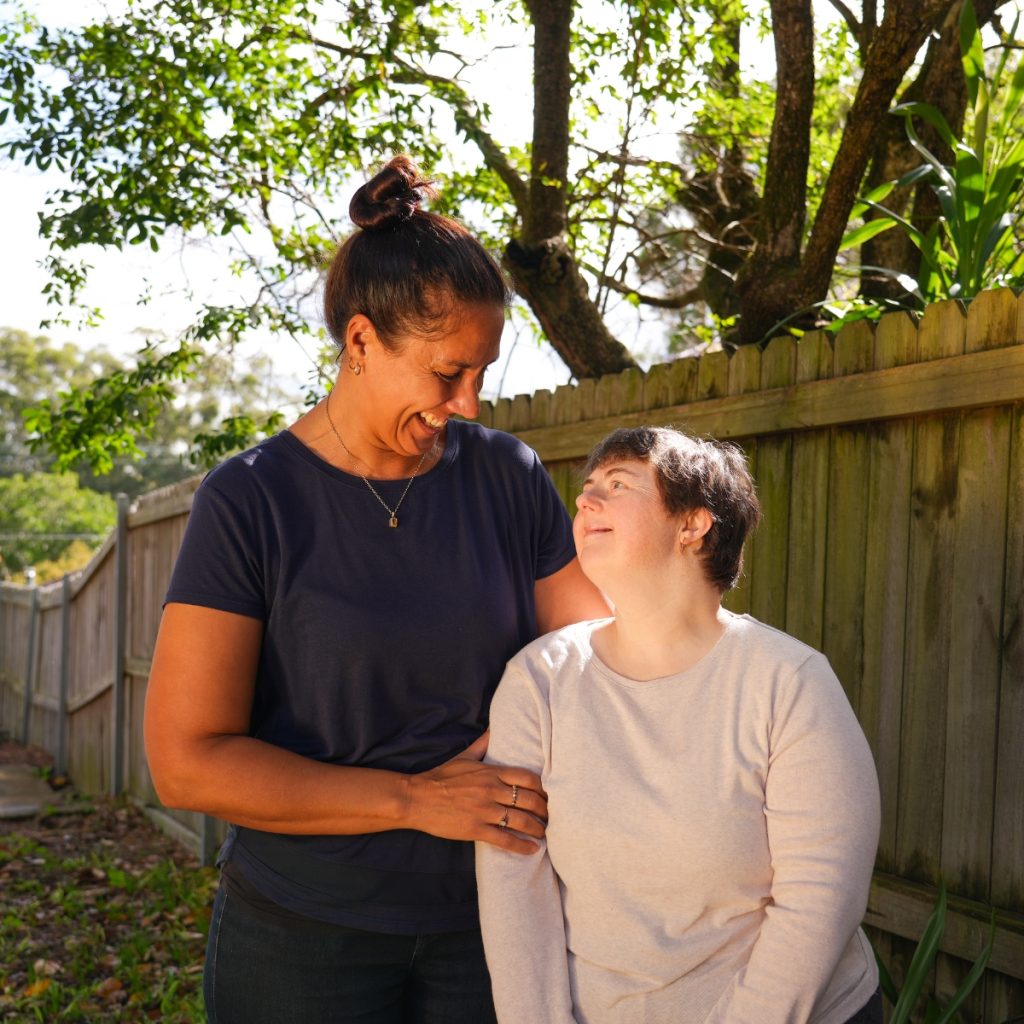Conversations about death or dying aren’t most people’s cup of tea
Frankly, many of us prefer to ignore the subject altogether. When it comes to people with an intellectual disability, however, the topic is often swept under the rug completely.
The Dying to Talk project shines the spotlight on this important issue, with the goal of finding ways to better communicate the concept of dying and death to people with intellectual disability.
Background
The project began in 2013 when the Faculty of Health Sciences at University of Sydney, Sunshine (now Unisson Disability) and Keele University in the UK won an Australian Research Council Linkage Grant. Together our research showed that, compared to disability staff, adults with intellectual disability have a significantly poorer understanding of death, were less self-determined about end-of-life planning, and reported greater fear of death.
Outcomes
We then went on to develop a training toolkit to assist disability support staff to have conversations about dying and death. The aim was to help people with intellectual disability to better understand dying and death, so they could make plans for it if they choose to. An important emphasis was to introduce these conversations early, while people are well, and long before death is imminent.
The toolkit includes a DVD resource, Dying to Talk, winner of an Australian Writer’s Guild Award in 2015. The DVD consists of 9 short sections plus special features. It features real people with intellectual disability and disability service staff (not actors).
Our research partnership continues
In 2017-18 we are translating the very successful Dying to Talk training toolkit into a freely available online training curriculum. We will keep you posted. We look forward to building on the insights we have already gained, and to strengthening the understanding of death and dying, including how we approach this when supporting people with intellectual disability.





